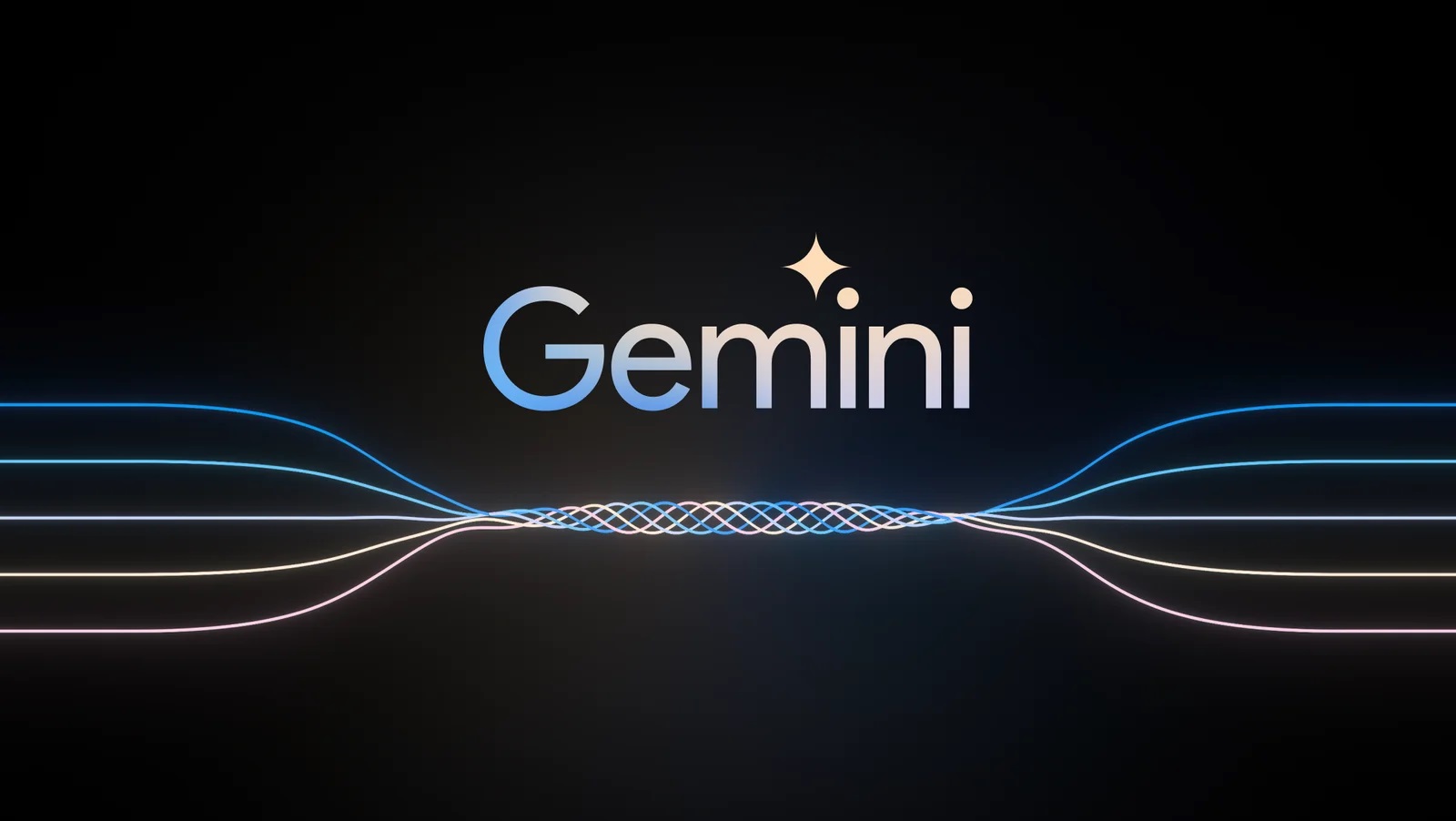Alphabet’s Google division is once again consolidating its AI expertise, as the search engine giant continues to compete against Microsoft and OpenAI, as well as other AI service providers.
In a blog post on Thursday, CEO Sundar Pichai said Google will consolidate teams that focus on building artificial intelligence models across its Research and DeepMind divisions.
It comes exactly a year after Google in April 2023 had announced that it was merging its internal AI research team (Google Brain) with UK-based DeepMind, which it had acquired in 2014 for $500m.

Google DeepMind
That 2023 move was designed to sharpen Google’s focus on AI development, and signalled the end of DeepMind’s existence as an independent unit of Google, operating out of the UK as one of Alphabet’s “other bets” initiatives.
It should be noted that DeepMind had also begun operating out of Google’s Mountain View headquarters back in 2016.
The DeepMind team helped develop Google’s most advanced artificial intelligence model, Gemini, which was unveiled late last year (as Google Bard) and can crunch different forms of information such as video, audio and text.
“Last year we created Google DeepMind, bringing together the Google Brain team, DeepMind, and other researchers specifically focused on creating increasingly capable and general AI systems,” wrote Pichai.
“The progress in just one year has been incredible…” wrote Pichai. “Now, to accelerate this progress, we’re going to consolidate the teams that focus on building models across Research and Google DeepMind. All of this work will now sit in Google DeepMind and scale our capacity to deliver capable AI for our users, partners and customers.”
Structural changes
Specifically Pichai noted that Google will carry out the following structural changes:
- Move Responsible AI teams in Research to Google DeepMind, to be closer to where the models are built and scaled.
- It has already moved other responsibility teams into Google’s central Trust and Safety team, where it is investing more in AI testing and evals.
- These shifts create clearer responsibility and accountability at every level as we build and deploy, and strengthen the feedback loop between models, products, and users.
Google’s consolidation comes amid growing global concerns about AI safety and increasing calls for regulation of the technology.
Google has also been carrying out multiple rounds of job cuts and cost reductions over the past 14 months, which has resulted in thousands of job losses.





